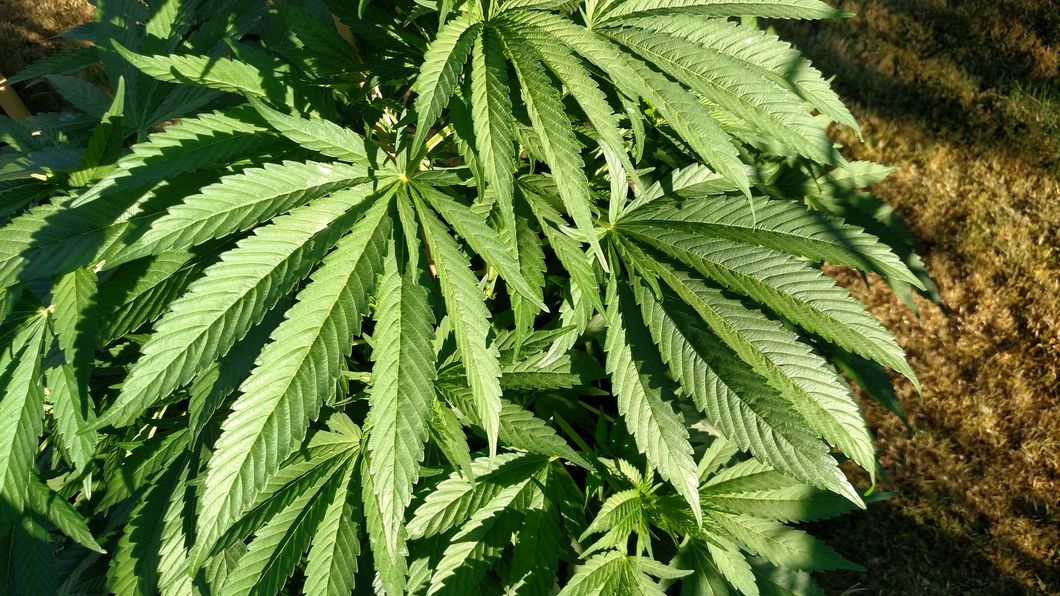The back and forth about cannabis and COVID-19 has been going on as long as the virus has been publicized in the western world. However, the jokes may not all be fun and games, there could be a serious answer in this botanical medication.
There are scientists acting on some of those theories now.
Long known to be at the forefront of medical cannabis research, Israel is once again leading the way in the investigation of cannabis and COVID-19. At least two studies concerning the virus and the herbal medication have been instigated in that country.
At the Ichilov Hospital, a study was recently started that is focused on easing symptoms of the virus. It is overseen by Dr. Barak Cohen, a senior anesthesiologist and is unrelated to other studies. Dr. Cohen emphasized, "this is a novel approach to treating some of the symptoms, using a component of the cannabis plant that is considered safe and non-addictive."
There are also rumors the same hospital will be investigating marijuana's antiviral properties.
Professor Daniel Offen, a researcher studying Neuroscience and Exosome technology at Tel Aviv University, partnering with InnoCan, will lead a team collaborating to treat COVID-19 by using Cannabidiol (CBD) loaded Exosomes ("ICLX").
"CBD-Loaded Exosomes hold the potential to provide a highly synergistic effect of anti-inflammatory properties and help in the recovery of infected lung cells. This product, which is expected to be administrated by inhalation, will be tested against a variety of lung infections."
In the United States, the University of Miami is studying cannabis users via a web form. According to the site advertising the study, it is their intention to study the effect of COVID-19 on the disabled and chronically ill via the patient's use of the herb.
"A large portion of medicinal cannabis users are people with compromised immune systems or chronic medical conditions. These are also many of the same traits that people most vulnerable to COVID-19 share."
The studies in Israel focus on helping patients recover or prevent infection, whereas the study in Florida collects anecdotal data from users about how they've been effected by the virus and asks questions about their personal or medical use of cannabis. Florida's study focuses on vulnerable populations, yet not on assisting those same populations.
April 20, 2020 has been highly anticipated by cannabis advocates for decades, is it possible that this recent pandemic could be the tipping point for the herb? Could marijuana finally be taken seriously as an antiviral once these studies have been conducted? We shall have to wait and see.
Puff, Puff, Wave. Happy 4/20, indeed.











